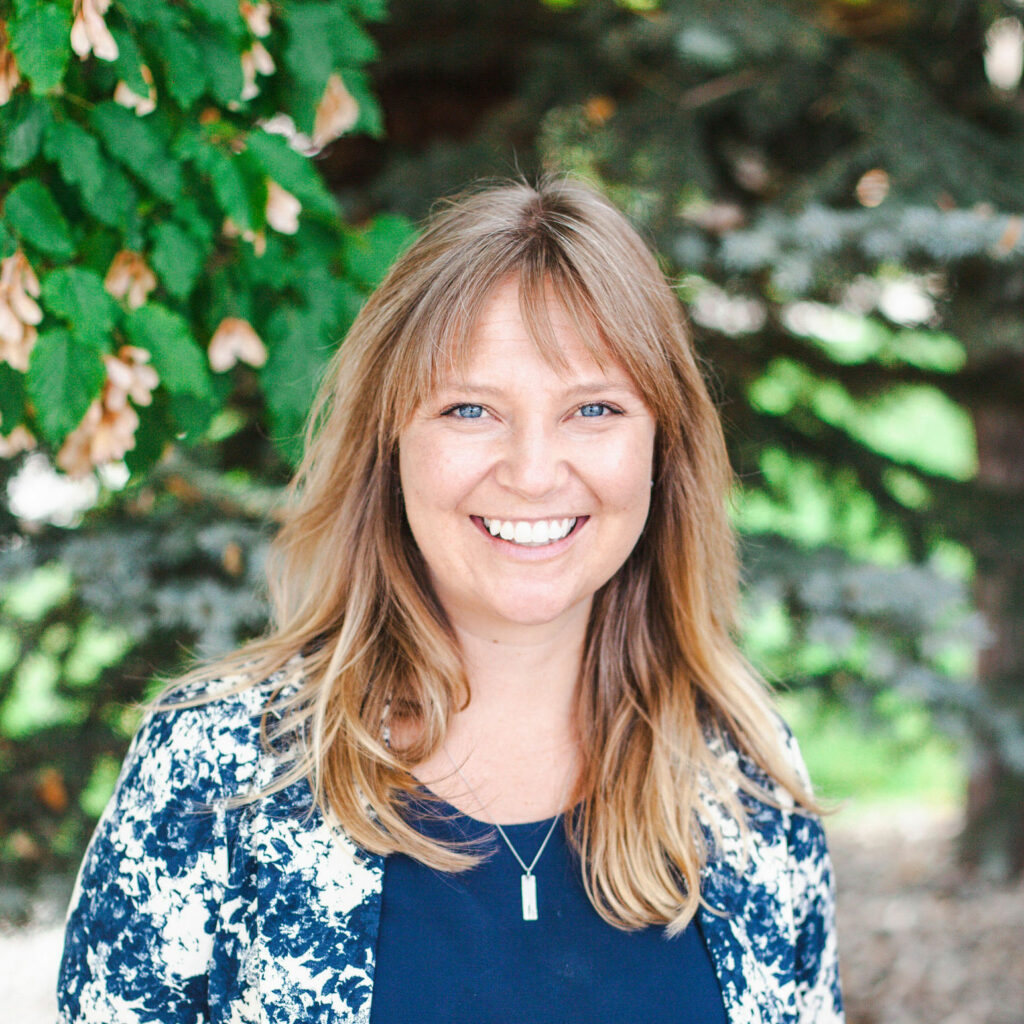One of our goals in the MNA POD (Professional and Organizational Development) program is to make sure our programming centers belonging and equity. When we consider how to host events that uphold our values of community, agency, accountability, learning, and growth, we have identified four strategies to center equity and inclusion. These four strategies are built on the assumption that there is no single right way to run a nonprofit nor a conference, but rather that we have an obligation to listen, adapt, and respond to our community’s needs.
Prioritize Accessibility
Access is key. While no environment can be perfect or risk-free, we know that space sets the stage. We used to worry only about the snacks and signs (never not a key to success) – but access runs so much deeper. Can all individuals fully participate in the manner that best meets their needs, feel welcome and included, and have access to content, networking, connection, and safety regardless of how they show up? Is the space set up for mobility, and are there the right audio and visual aids so everyone can engage? If and when someone needs a different way of accessing content or connection, can we adapt to their needs? This looks different for every event, but a comprehensive guide is here.
Present Content That Centers Equity
We’re all learning about leading practices, and we know organizations are in need of strategies for centering belonging and equity. Content that responds directly to this need is crucial. For us that means three things. First, we need to include sessions that directly address equity, anti-racism, access, DEIJ, and belonging. Second, speakers and audience members need to feel safe enough to explore any topic through a lens of equity, considering who is most impacted. Finally, we need to create spaces where people are empowered to treat one another in ways that uphold our values of community, agency, accountability, learning, and growth, whether they are leading a session or asking questions.
Ensure Diversity of Speakers
Representation remains important. Ensuring a diverse array of speakers allows all of us – particularly aspiring young professionals – to see ourselves represented by the experts in front of us. This means reaching into the deep expertise of our sector and bringing forth voices and perspectives in every area that move us forward. It means using an RFP process so anyone has a chance to present, as well as being conscious of who has the confidence, time, and access to submit proposals and who might not feel seen as an expert even when they have a lot to offer. And it means valuing the time of all our speakers through honoraria as we’re able.
Select Topics That Support Development of Multicultural Organizations
Leading practices are evolving, but there are plenty of identified strategies to support the development of multicultural organizations, skills, and professionals. Topics like conflict management, shared leadership, compensation equity, and storytelling may not explicitly focus on equity but can be the building blocks to higher performing teams, transparency, better outcomes, and equitable organizations. We want every leader and organization to have the tools needed to thrive today, tomorrow, and for years to come. As Gen Z, the most diverse generation yet, takes their footing in the workplace, building teams that can navigate new dynamics and needs is more important than ever.
Over the past four years, MNA has been working to prioritize these strategies. We know they just barely skim the surface of how we can begin to reimagine the ways we come together to learn and connect. We also know our execution of these strategies is inconsistent and imperfect – we direct our attention towards one or two, but lack the follow through to fully commit to others. Or our priorities are directed elsewhere – trying to blend the framework of an association conference into a new era can feel clunky, forced, and grasping at times.
Pushback
While we try to implement strategies that we feel will make our conference more accessible, we also receive pushback from our members and attendees. Efforts to be inclusive, such as land acknowledgements, sharing pronouns, and personal descriptions take time, and we have received feedback that participants “just want to learn.” Some of the ideas presented, such as shared leadership or community centric fundraising, propose to change the accepted nonprofit model. This can feel confusing or even threatening to those who have achieved success in or only known the current model, even when the information isn’t prescriptive.
These are real concerns as we all figure out how to shift cultural norms that have served some of us better than others, and we never dismiss them. But we also hear concerns about how attendees experience discrimination, microaggressions, or harassment. Or they don’t see themselves represented in content, they can’t access the material because it’s not audio-reader friendly, or they stop coming because they don’t think there will be an interpreter. We aim to serve all of you, and in doing so risk alienating some with any decision we make. We could think of this as a lose-lose, but I think it is more of an opportunity for us to all learn and grow together, as a community.
Equity efforts at 2023 Conference
At our 2023 Annual Conference, Cultivate, we once again worked to center belonging and equity, with varying success. At past conferences we’ve reached out to center sessions that feature equity and diversity. This year we focused less on equity centered content, inviting speakers to embed equity into their existing sessions. While this was a positive shift for non DEIJ speakers, we lost the explicit focus on DEIJ we had in 2022 at Gather. Moving forward we will work to prioritize both strategies more explicitly, because we believe in a future for our sector where we all belong.
Perhaps our largest lesson this year is that we can’t keep trying to add belonging in around the edges – we need to start there and build a new conference experience around those values from the ground up. That will take practice and time, and we welcome your feedback, suggestions, and experiences along the way.
In the meantime, we wanted to highlight conference sessions from 2023 in the next three blogs:
- Being Together in Better Ways – Susan Howlett’s Deep Dive, reflections by Michael Hale
- Thinking in New Ways – Maria Rio + Esther Lee’s Session on Storytelling, reflections by Kate Arpin (coming soon)
- Upcoming: Building Towards Compensation Equity – Travonnie Mackey’s session, reflections by Adam Jespersen

Author: Shelby Rogala
Professional and Organizational Development Director
Shelby Rogala has been with Montana Nonprofit Association working to develop, deliver, and organize training and resources for five years. She is passionate about connecting community and nonprofit leaders to resources, people, and training that can help make their work easier, more effective, and even a little more joyful. Shelby brings experience in community organizing, curriculum and program design, grant-writing, and adult education. With deep roots in the ski and outdoor recreation industries, she currently serves on the National Board for Ski and Snowboard Instructors (PSIA-AASI) and has chaired their CEO search committee and equity task force, along with service on other regional and community boards. She hails from Darby, Montana and attended Montana State University. She is currently pursuing a Masters in Adult Education from Colorado State University.
Questions & Feedback
Have a story to share, feedback, or advice? You can email us privately at [email protected], share your thoughts on this anonymous form, or add to the conversation on our community forum.

